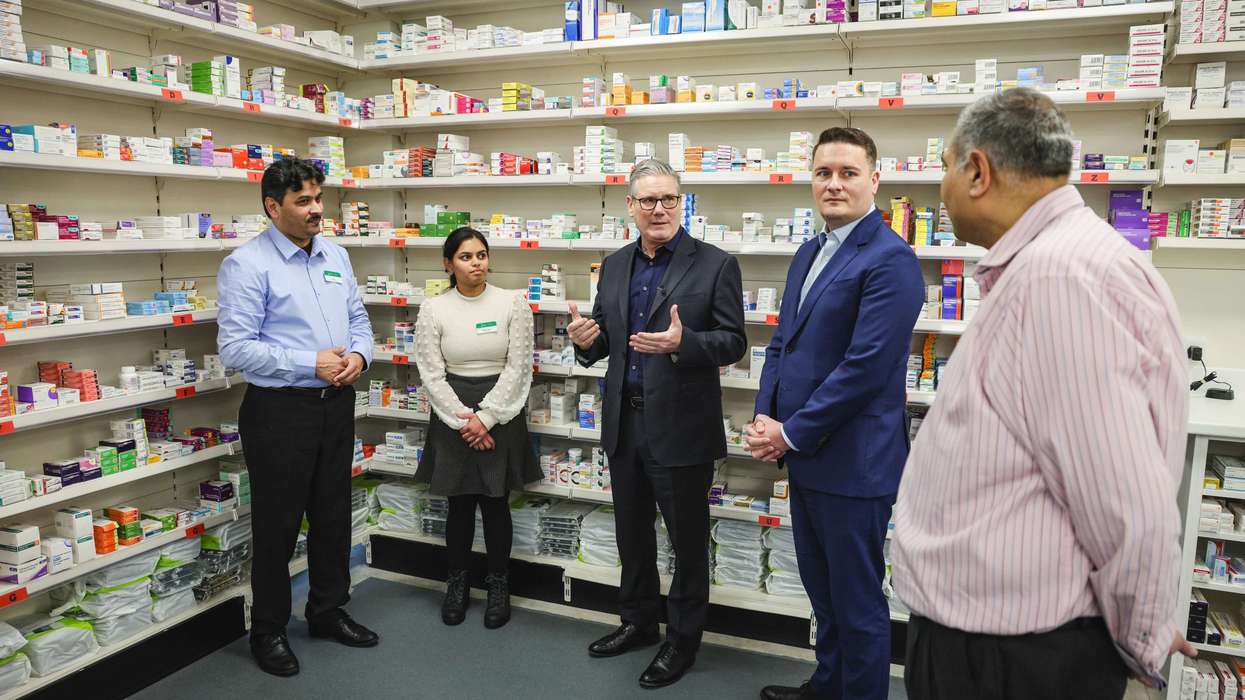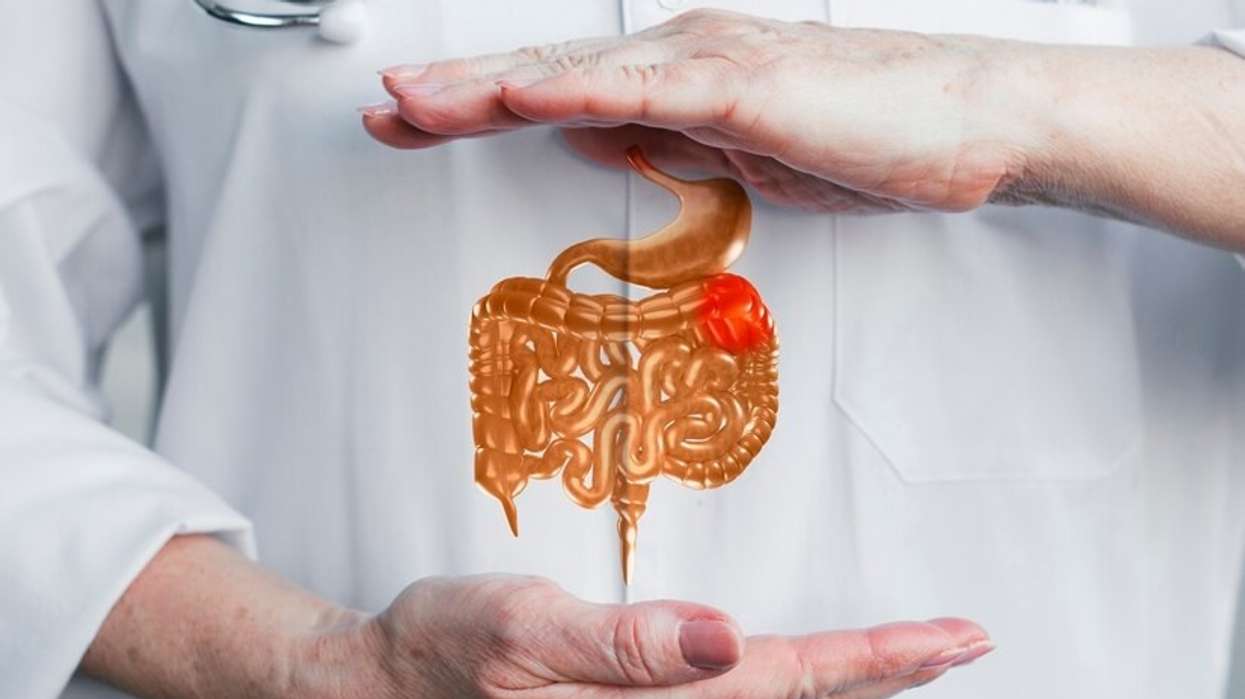One in five people in the UK having a personal or familial risk of heart disease do not know how to check their pulse, the simplest way to detect irregular heart rhythms and atrial fibrillation (AF).
The study, conducted by Bristol Myers Squibb in the run up to the National Heart Month, revealed that an early detection and management could improve outcomes for patients.
AF, the most common irregular heart rhythm disorder or arrhythmia is prevalent in around 3 per cent of the UK’s population that can increase the risk of stroke by five times.
It noted that around 300,000 people in the UK are living with undiagnosed AF as the patient experiences minimal or no symptoms at all.
Conducted in November last year, more than two thousand volunteers in the UK aged 16 to 75 participated in the study, which examined the general public’s awareness and understanding of AF and arrhythmia.
it revealed that only 53 per cent of respondents were aware that irregular heart rhythm can cause stroke, while only 13 per cent attend heart health screenings to detect any heart abnormalities.
It also showed 30 per cent of people with a personal or with a family history of heart condition do not recognise symptoms of arrhythmia, and 35 per cent are not aware of ways to reduce the risk.
Trudie Lobban, MBE, founder & trustee of Arrhythmia Alliance, said: “Atrial fibrillation is common especially in the older population who are often living with other heart conditions such as heart failure and high blood pressure.”
“Most commonly, AF is diagnosed during a doctors appointment, however, in March 2020 at the beginning of the Covid-19 pandemic, a 30 per cent drop in attendance to the GP surgery was observed in England. If we can counter the number of potentially missed diagnoses during the pandemic by equipping the general public with the correct knowledge to monitor their heart health and importantly their heart rhythm, we can help prevent serious cardiovascular complications arise, such as AF-related stroke.”
The study also showed that men are more likely to have a personal history of a heart condition as compared with women, and the common symptoms of AF include heart palpitations, tiredness, shortness of breath and chest pain.
Belinda Sandler, associate director, medical lead, BMS Cardiovascular UK & Ireland said: “We urge people with a personal or family history of a heart condition to regularly check their pulse or, if unsure how, to speak to their GP. If more people actively check their pulse, this can aid early diagnosis and appropriate management of the condition to prevent stroke.”
The research stated a simple pulse check can be used to detect heart rythms, enabling the potential diagnosis of irregular heart rhythm, including AF.











